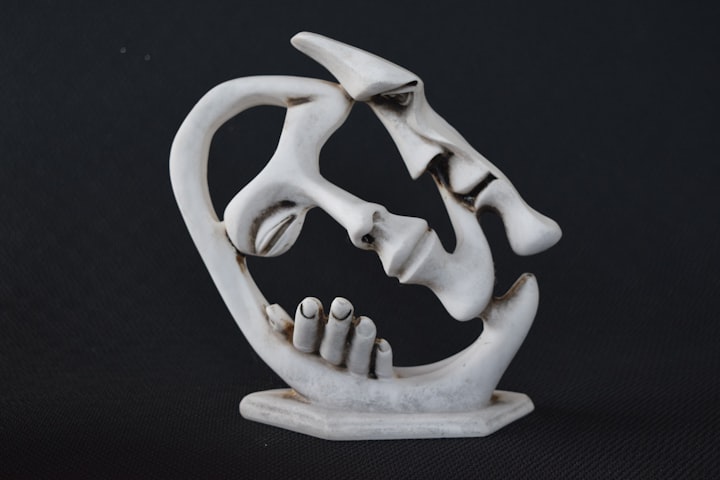1889 The Settlement House
Hull House gave eveyone a chance to be heard and laws were made before women were allowed to vote.

Through her journal writing, books, newspaper columns, and volumes of letters to those who helped fund, represent, and endorse the cause of Hull House ideals, she left proof of what she did. She was a woman who had nothing to lose yet she could have lost it all for those she fought for from those she fought against. Immigration, low-income families, children, pregnant women, people with disabilities, the elderly, neglected babies, and other issues that were brought to her attention made her job worth the struggle and the barriers that tried to stop her only made her stronger.
Her partner in crime literally made her seem like a criminal by getting herself arrested during rallies or strikes, but her vision was to change those injustices through the arts. She brought forth readings, plays, art classes, and sports. She was what caused Hull House to grow. To it a gymnasium, a library, a studio, more classes, a kitchen, a park for the children where it began as a day care center for a mother's respite; turned into a twenty-four hours a day nursery. Volunteers were given a chance to learn new skills, and a community became a world known factor. By it other settlement homes were opened in the US making Hull House a pioneer to what we know now as the social reform.
Laws were made, communities rebuilt, schools changed, and things were not all the time good because some of the issues they faced were extreme eye openers and motivated mostly women, before they could vote, to make those changes. Unions were formed by women. Meetings, debates, discussions, and art forms were utilized to express their concerns making sure they got done. Dealing with their issues as finding solutions to their problems was the Hull House theme.
Some of the laws that we still use today are the child labor laws, minimum wage, forty hours a week, age limit to work and go to school. The school curriculum and the way it is taught was structured. Some medicines were experimented as they brought awareness. Laws on purchasing and importing foods that used children to package them were made. Agricultural laws were added as they used their cooking class to grade our own American grown foods. The list is endless and history should be called herstory instead.
The first social security number was distributed in 1935 when the Social Security Act was enacted, along with the first birth certificate. However, Hull House had been keeping records of births and deaths from the time their doors opened. They were given unwed women who were pregnant, and neglected immigrants whose husbands had died from extremely dangerous work conditions. Most of those women gave birth to children with birth defects or stillborn also from bad work conditions.
Immigration was a norm for the women since almost everyone was from another country such as Germany, Italy, France, Dutch, none were actually born in America. After the industrial revolution and the invention of the steamboat and railroads for trains, labor was needed and immigrants were granted entrance to work for free labor. One might say it was also the beginning of trafficking since women were brought here with false pretenses and ended up in bars and underground places some never came out of alive.
The reputation of Hull House became horrific when people lined up to see the "devil baby who was born with horns and spoke the moment it was born" and "wagged its thorn tail." Even though the women explained that there was no such thing as a devil baby to have ever existed, people from other neighborhoods with curiously made their way to the Hull House to inquire about it. Old wives tales and stories to keep people from doing wrong things got out of hand with this devil baby.
About the only horror they encountered, and had the women taken aback, were the women of babies they had birthed and neglected them which led to their death. No one could quite get over something like that and could weigh heavy on one's heart. Nonetheless they continued to birth these children and provide services to those who needed them along with using legislature to make their impact. Jane Addams and Ellen Grace Starr aren't acknowledged and they deserve a statue, a monument, a landmark, along with every social worker's studies that should involve what came out of Hull House.
Them and those who were a part of that branched out of Hull House should be acknowledged. Julia Lathrop has a school and a housing development named after her, but those who worked with her during her leadership at the Children's Bureau weren't even mentioned. She was one of the first residents at Hull House. Sophonispa Breckinridge wrote manuals for the juvenile system Julia Lathrop managed to begin as reformation and foster youth.
Florence Kelley helped the Department of Labor bring out building codes for safe working environments, and formed the first all women's working force to investigate workplaces. Which gave doctors an opening to make new vaccinations for diseases and viruses found in workers working in those environments. Mother's day was acknowledged when Julia Lathrop appointed others to answer letters from mothers and mothers-to-be every Sunday.
Hospitals were built, doctor offices opened up their offices as well as psychologists, activists, politicians, teachers, nurses, and schools. Two schools founded by residents of Hull House merged, now known as Chicago School of Sociology. Civility, unity, and humility made these women role models along with their fierce to get legislation to actually listen to them. Truly this seems more like a romance story, but it warms my heart to know that they really touched a lot of lives during their reform.
And if anyone wants to say bad things about social reformers, I'd like to appreciate being smart enough to know that reformers were not radical. They passed laws using their educational background and of course their father's reputations, however, these women were in the middle of the slumps to truly help those who needed help. Mistakes are inevitable unless maliciously done. Who wouldn't be made at a group of independent women who never married, but they were pushing the bar far enough had been friends with the President.
Can anyone guess which President was fond of the group of women who through Hull House made laws, policies, and real change in their world?
H






Comments
There are no comments for this story
Be the first to respond and start the conversation.